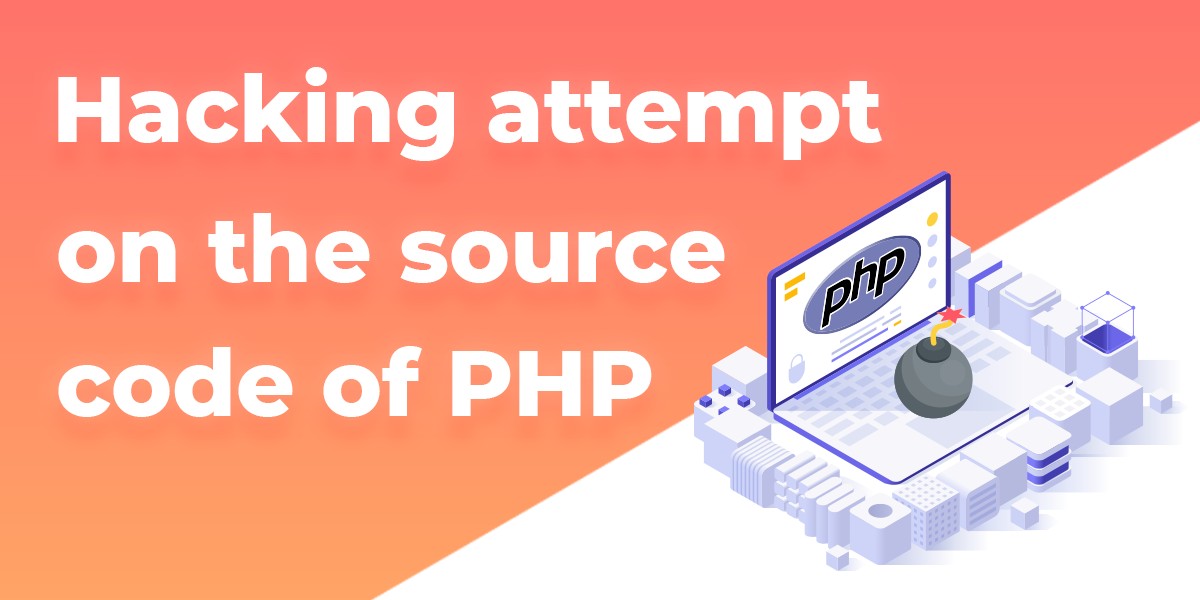
A concerning security incident has emerged involving the popular GitHub repository of ExoLabs, where an apparently innocent pull request (PR) was found to contain malicious code designed to create a backdoor into the system.
Alex Cheema, a prominent figure in the development community, raised the alarm after discovering the suspicious PR that appeared harmless at first glance. The attempted breach serves as a stark reminder for maintainers and contributors to carefully review all code submissions, regardless of how minor they may seem.
The incident highlights a growing trend of sophisticated attacks targeting open-source projects through seemingly legitimate code contributions. Bad actors often try to slip malicious code into repositories by disguising it within routine bug fixes or small improvements.
"Read every line of code. Stay safu," warned Cheema in his public alert about the incident, emphasizing the critical need for thorough code review practices.
The attempted backdoor could have potentially compromised not only the ExoLabs platform but also affected numerous downstream projects and users who rely on their code. This type of supply chain attack has become increasingly common in the software development ecosystem.
Security experts recommend repository maintainers implement strict code review protocols, including:
- Detailed examination of all incoming code changes
- Multiple reviewer sign-offs for PRs
- Automated security scanning tools
- Verification of contributor identities
- Regular security audits of existing codebase
The incident serves as a valuable lesson for the entire development community about the importance of maintaining vigilance when accepting external contributions, even from seemingly trustworthy sources.
While the exact details of the malicious code have not been disclosed to prevent copycat attempts, the quick detection and rejection of the PR prevented any potential compromise of the ExoLabs system.
This event reinforces the ongoing need for strong security practices in open-source development and the value of community oversight in identifying potential threats before they can cause harm.